I went back to see my old house in Cape Town last week, and they’d put a cage around it. Otherwise it was unchanged; broad, plantationish and oddly ill-suited to the slim, cluttered suburban street on which it sat. Yet the whole thing, from the eaves where our little flat was to the porch where we all used to sit and smoke, had been wedged into a box of bars. As though it were about to go diving with sharks.
This was where I lived for the best part of a year, about a decade and a half ago, and not really for any good reason. Ostensibly I was following my girlfriend, now my wife, as she kick-started a travel journalism career by writing guidebooks. We were near the university, and our many, many housemates were either a multiracial mix of local arty young professionals or German medical students. The latter bunch were drawn to South African hospitals because they had plenty of knife and bullet wounds, just like Germany didn’t.
The rand was criminally low at the time, almost as low as now, and our lives cost nearly nothing. Two hundred pounds a month, maybe? I wrote a bit and read a lot, working my way through the nearby used bookshop, where any modern classic you could think of could be yours for the equivalent of about 30p. Mainly I smoked and played pool and walked on the mountain and went to the beach and fretted, when I remembered to, about what I would do when the money ran out and I had to go home.
People do drone on about the lure of Africa — the majesty of the veldt and all that Hemingway crap — but for me the emotional connection has always been more urban. My Polish maternal grandfather, who had lost a wife and a tiny daughter to typhus in a Russian internment camp and pretty much everybody else to the ghettos and the gas, saw the bright lights of Durban from a boat in the early 1940s. This land, he decided, would be his home, far away from the horrors of godforsaken Europe. My mother, born just after the war, was raised here, first in the endless metropolis of Johannesburg, and later in the admittedly more bijou suburbs of what was then called Salisbury.
What I love most about urban southern Africa is the crumbling 1950s Americana; the shopfronts and verandas you’ll occasionally find in a battered, perhaps quite dodgy street, which still look like they should be a backdrop for the Fonz and Richie Cunningham. They speak to me of the rainbow nation that never quite happened; a bohemian, progressive, intellectual place where life would have been one long civil-rights march and the girls would have worn headscarves and flares.
Instead, this country has become a whole bunch of other things. Sometimes it feels almost wholly African, with the odd European appendix just attached, tenuously, for now. Sometimes it feels like a playground of multinationals, where white wealth brazenly defends itself with guns and electrified fences and holds pool parties, and black politicians shout and thunder in public while quietly accepting fat envelopes to look the other way. Neither feels much like what was promised in 1994.
My short trip coincided this time with Jacob Zuma’s state-of-the-nation address. Security was high. Around the parliament, two very different groups mounted protests. First there were the liberals, relatively affluent and often white, horrified at the economic mismanagement that was making this one of the cheapest family holidays I have ever had. After them came Julius Malema’s Economic Freedom Fighters, who wear red shirts and often berets, and look and sound a lot like fascists, probably because they are fascists.
The two groups loathe Zuma for diametrically opposite reasons, and both frankly have a point. Amid many scandals — most recently about the state funding of his retirement villa — Zuma has neither improved the lot of the poor nor safeguarded the lot of the rich. Yet amid all that, South Africa’s black middle class is not nearly as mythical as it once was. Making a fairly wild guess four years ago, the United Nations put its membership at about four million. They too put cages around their houses, and electrify the garden fence. Why would they not?
The temptation here is to wonder how it all ends. Only who is to say that it will? On my last night in Cape Town, I sat on a balcony overlooking one of the beaches at Clifton, where there was a music festival. Fifteen years ago I used to come here often, in our horrible crumbling Mazda, before the wheel fell off. Back then, a decade after the end of apartheid, the bodies on the sands were still as white as the sands themselves. As a Londoner, which I had already been for the few years before, you couldn’t not notice. Even if the money hadn’t run out, even if I’d had something to do, I don’t think I could have stayed here. Every glance, every experience, gave you an aftertaste of guilt. And in fairness, most still do.
But now, on the beach, the groups are mixed. Even couples are. Nobody could call this representative without sounding wholly deranged; what I am looking at is the richest corner of the richest suburb of the richest city in the richest part of a country which remains for the most part desperately poor. Still, in this small corner you get a glimpse of the rainbow nation the liberals used to talk about. It’s easy to notice the cages, I suppose. Harder to know what’s going on inside.
Got something to add? Join the discussion and comment below.
Get 10 issues for just $10
Subscribe to The Spectator Australia today for the next 10 magazine issues, plus full online access, for just $10.

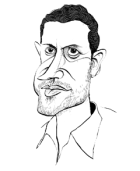
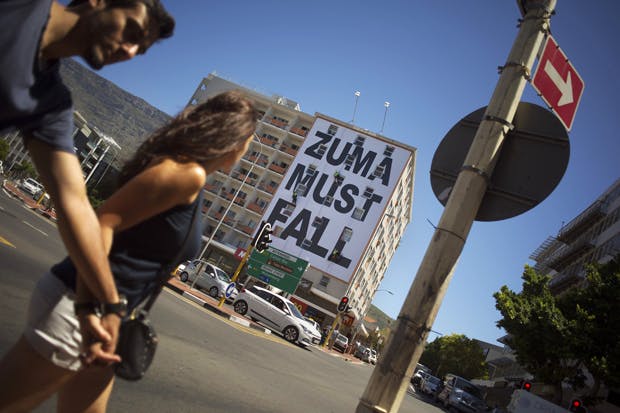
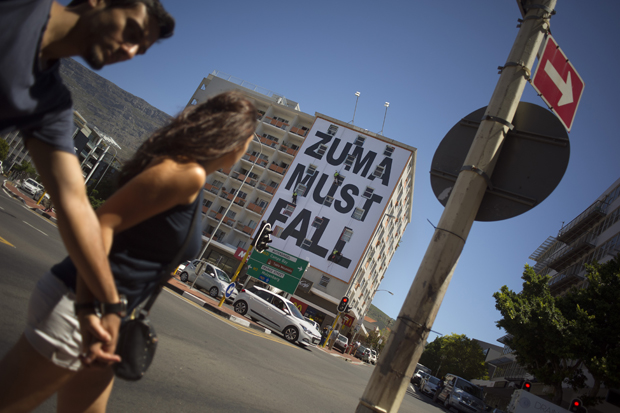
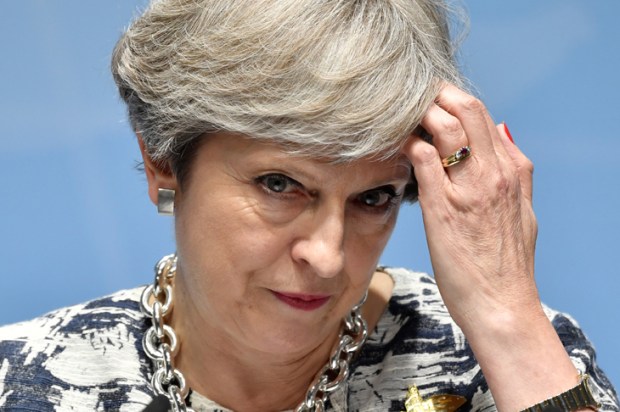
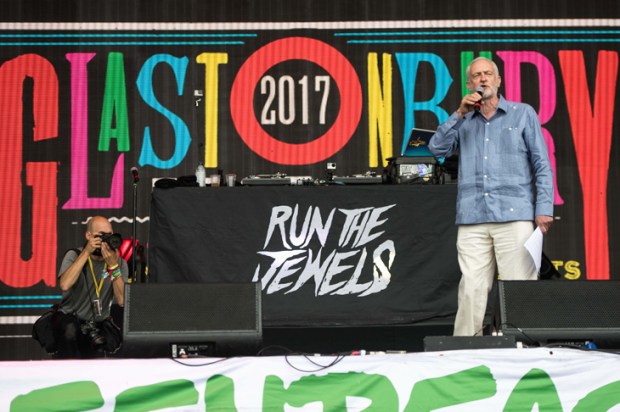
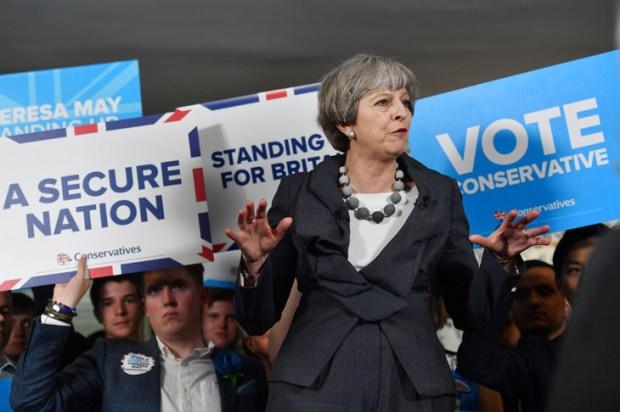
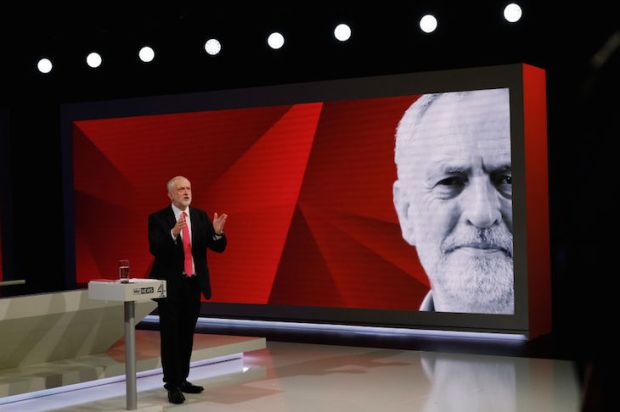
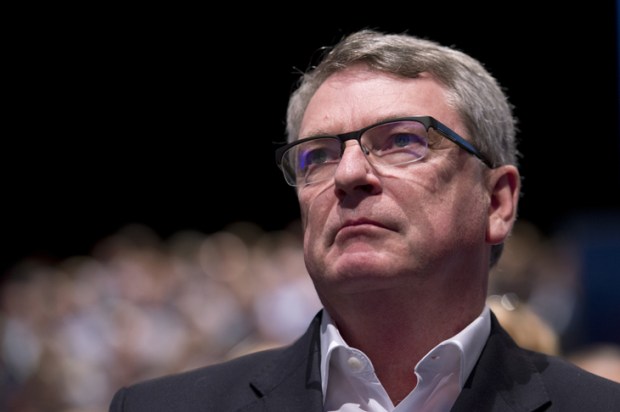






Comments
Don't miss out
Join the conversation with other Spectator Australia readers. Subscribe to leave a comment.
SUBSCRIBEAlready a subscriber? Log in